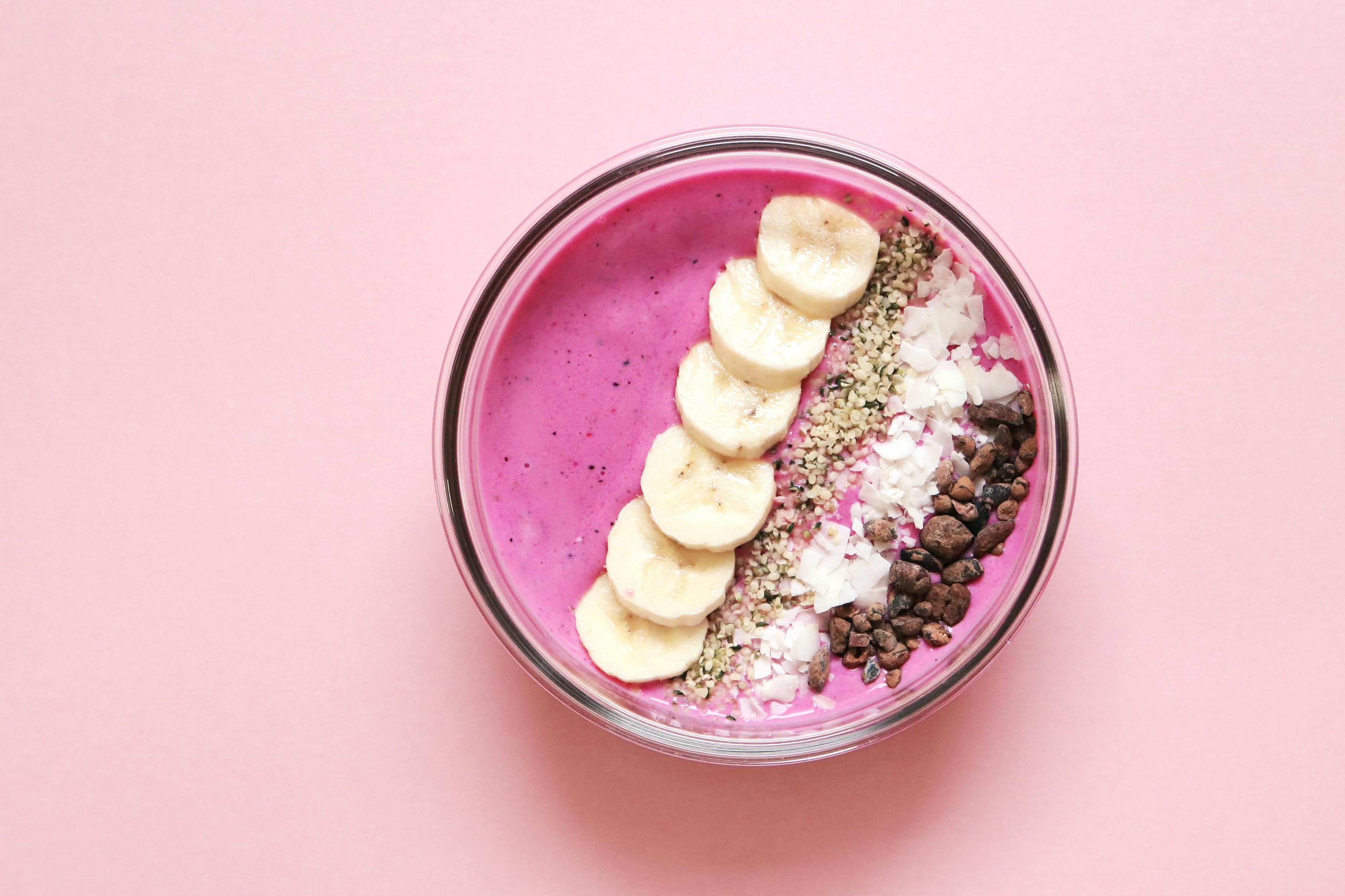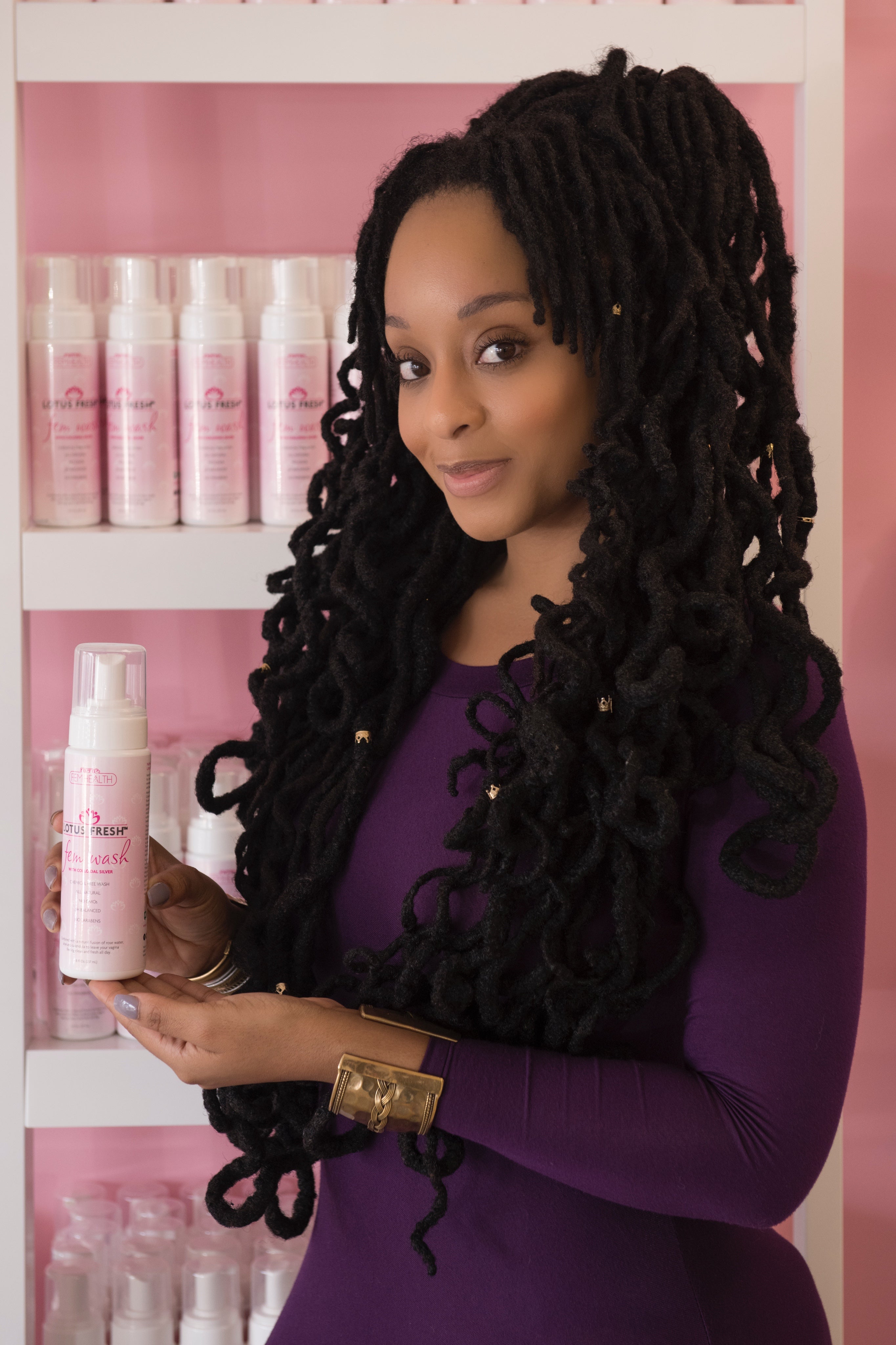Certain cravings can lessen PMS symptoms, while others may increase the symptoms during your time of the month. If you are not a fan of bloating, headaches, feeling exhausted, cramps, etc. Then you will want to be more mindful of what foods you are consuming. PMS symptoms can get intense, but you don’t have to add to the intensity.
First and foremost, be sure to consume lots of water. Staying hydrated during your time of the month is essential. This can help you avoid potential headaches and bloating. If you have a hard time getting an adequate amount of water each day, try using a water bottle with drinking times on it.
If water just isn’t your thing because of its lack of flavor, add some fruit to the mix to give it a refreshing and flavorful boost. There are also foods that you should and should not eat while you are on your period. Check them out below:
Foods to Eat:
Leafy green veggies
Fruits (can help with water and sugar cravings)
Ginger (monitor your intake, too much ginger can have an adverse effect)
Healthy protein
Peppermint tea
Lentils and beans
Dark chocolate
Quinoa
Turmeric
Flaxseed oil
Yogurt or other probiotic-rich foods
Foods to Avoid:
Salty Foods
Sugar
Spicy Foods
Red Meat
Alcohol
Coffee
Food sensitivities (avoid foods you usually are sensitive to during your period)
Periods can be a very sensitive time. Paying attention to your body and listening to what it needs will help you have a better relationship with your menstrual cycle.

